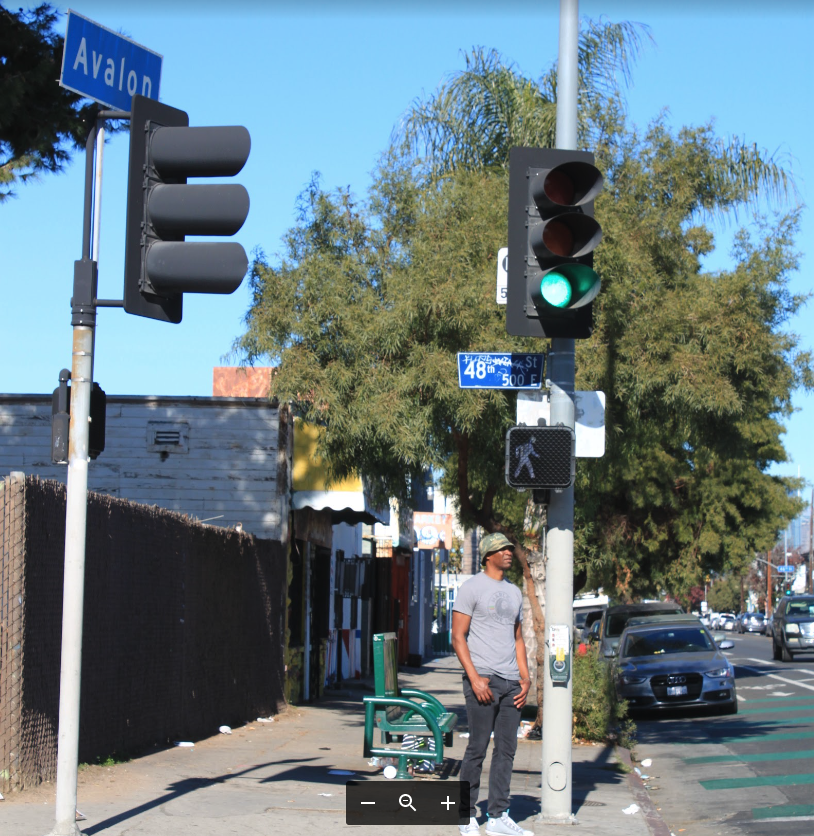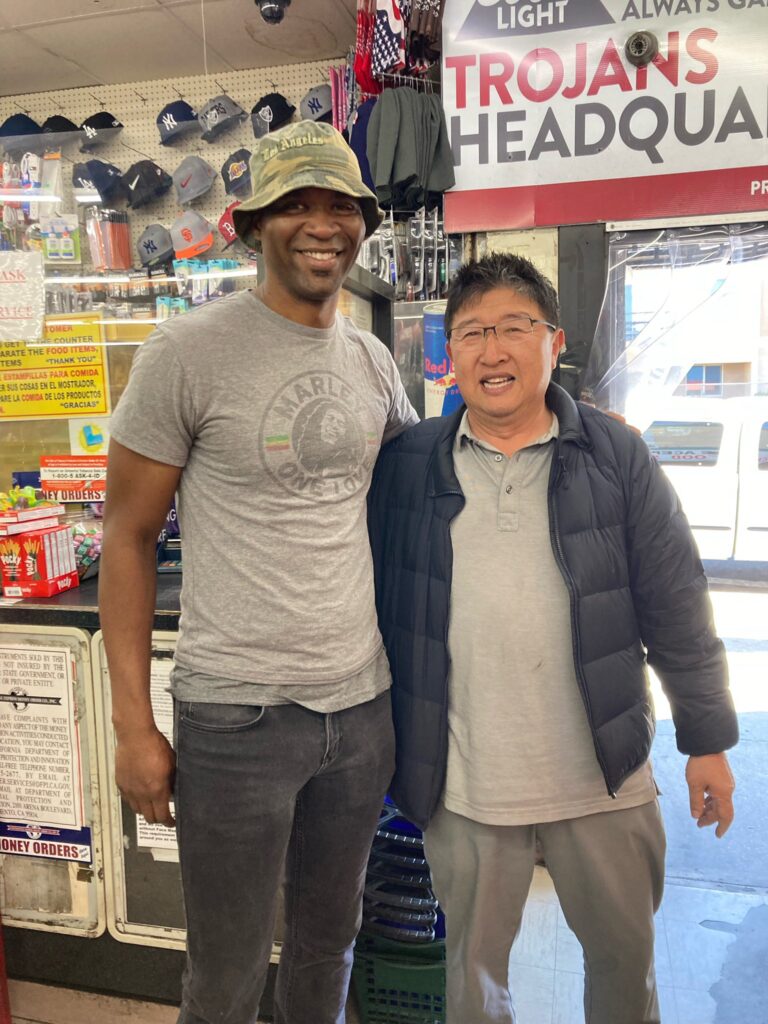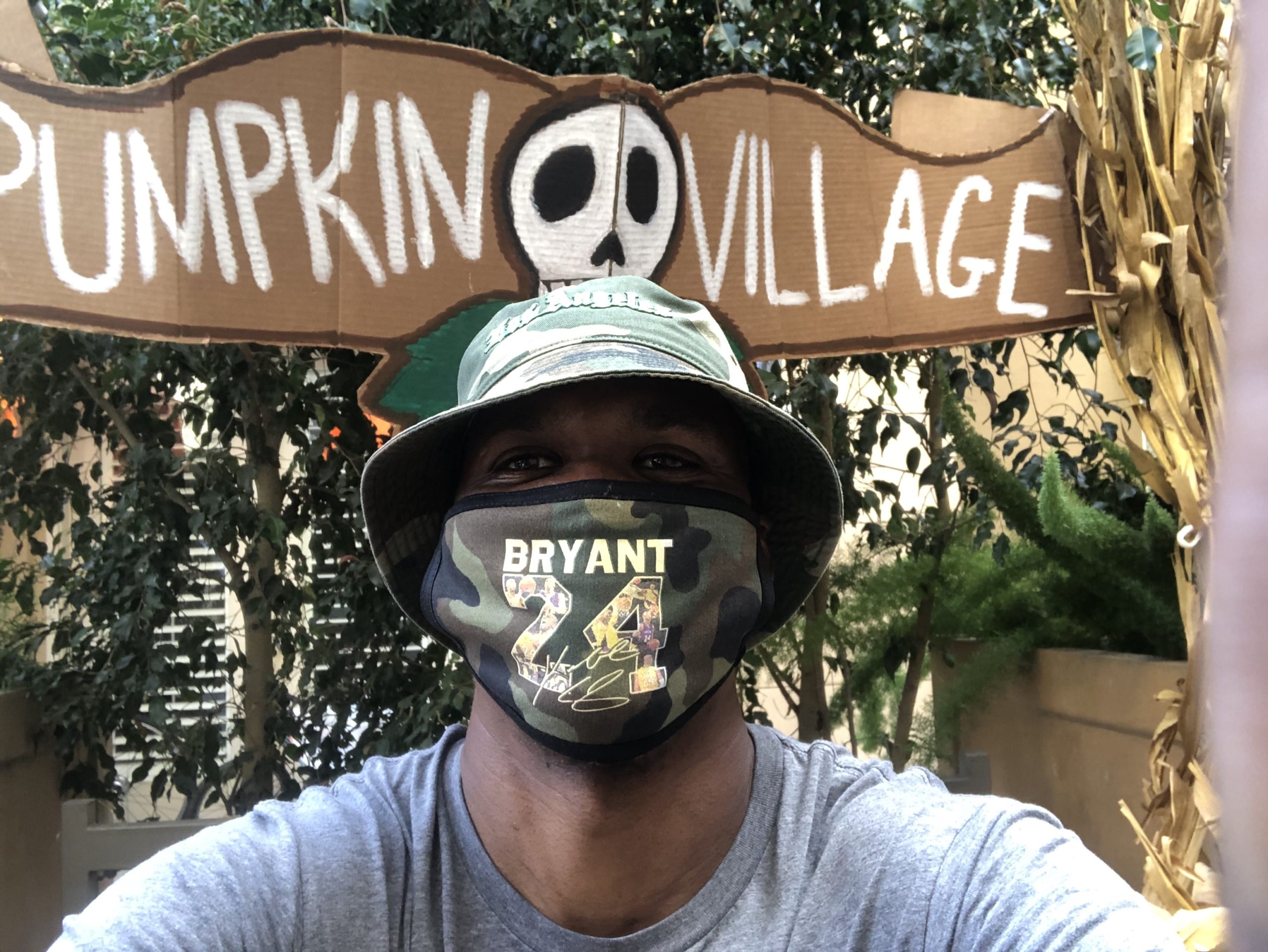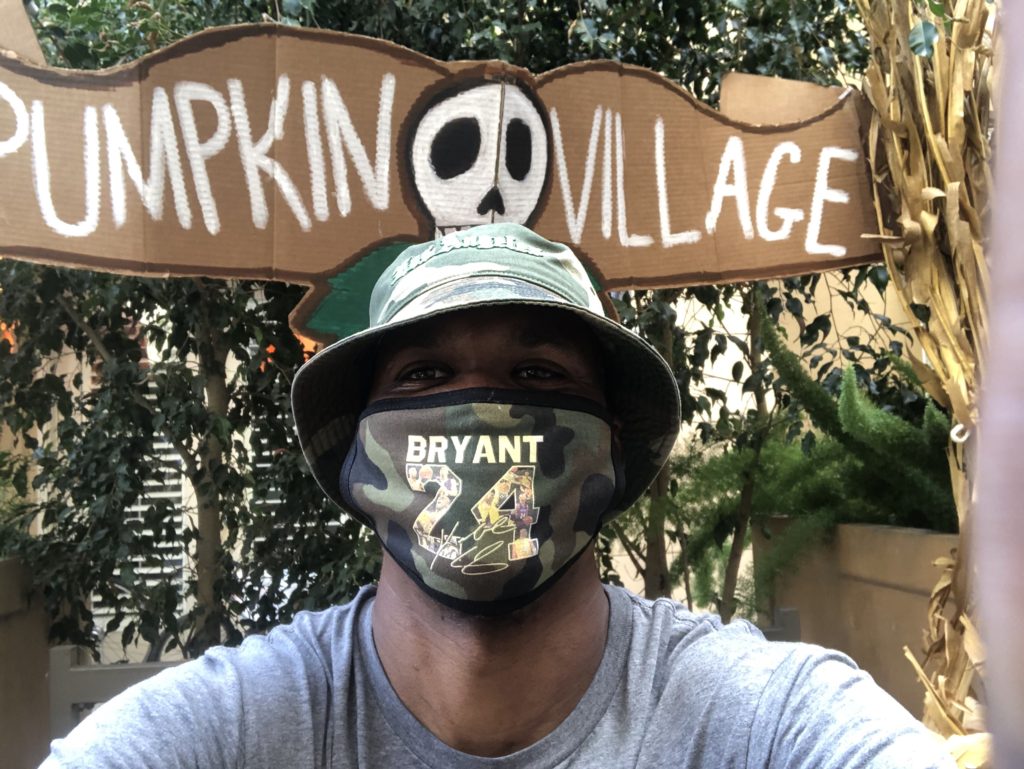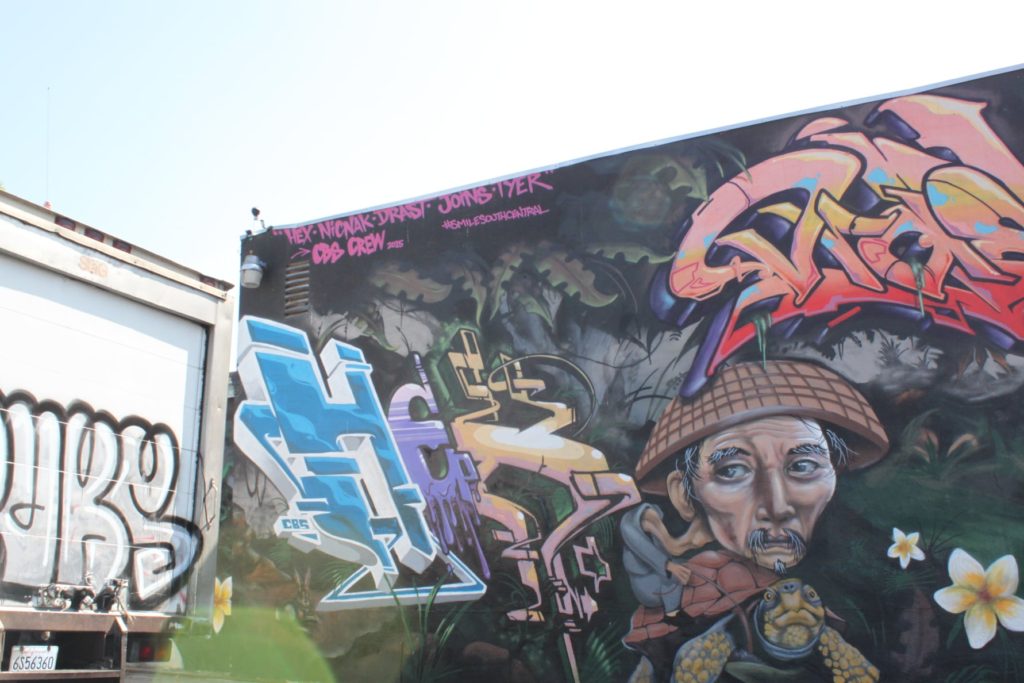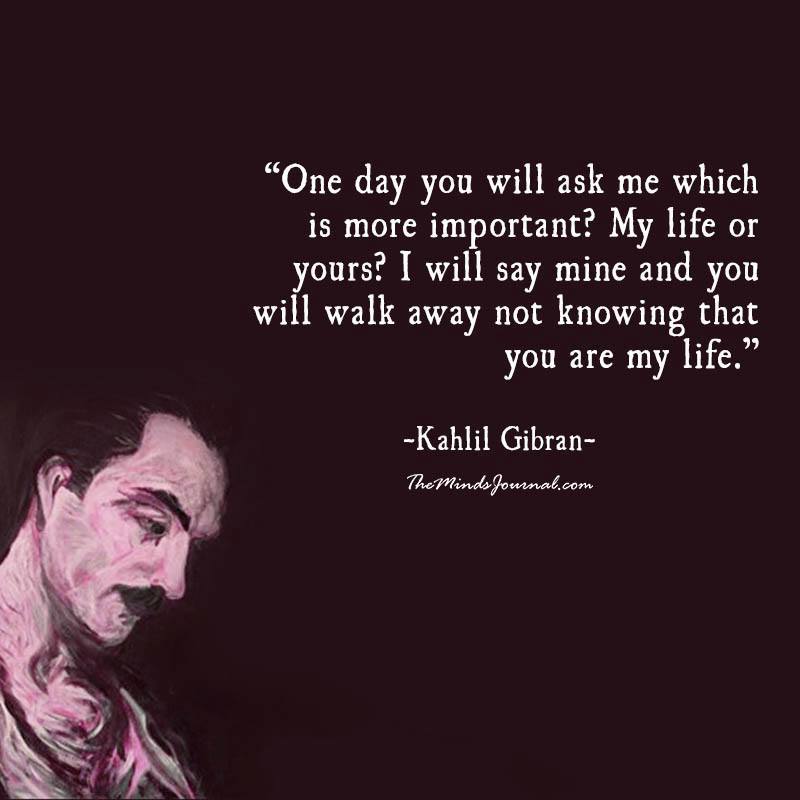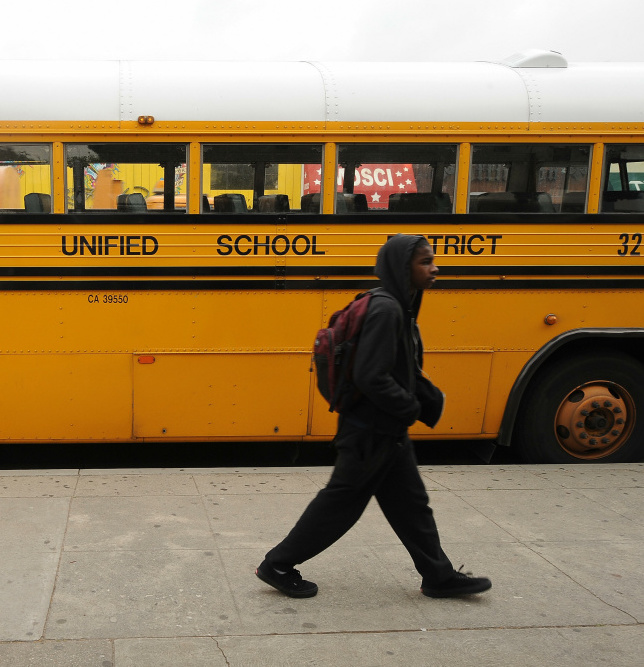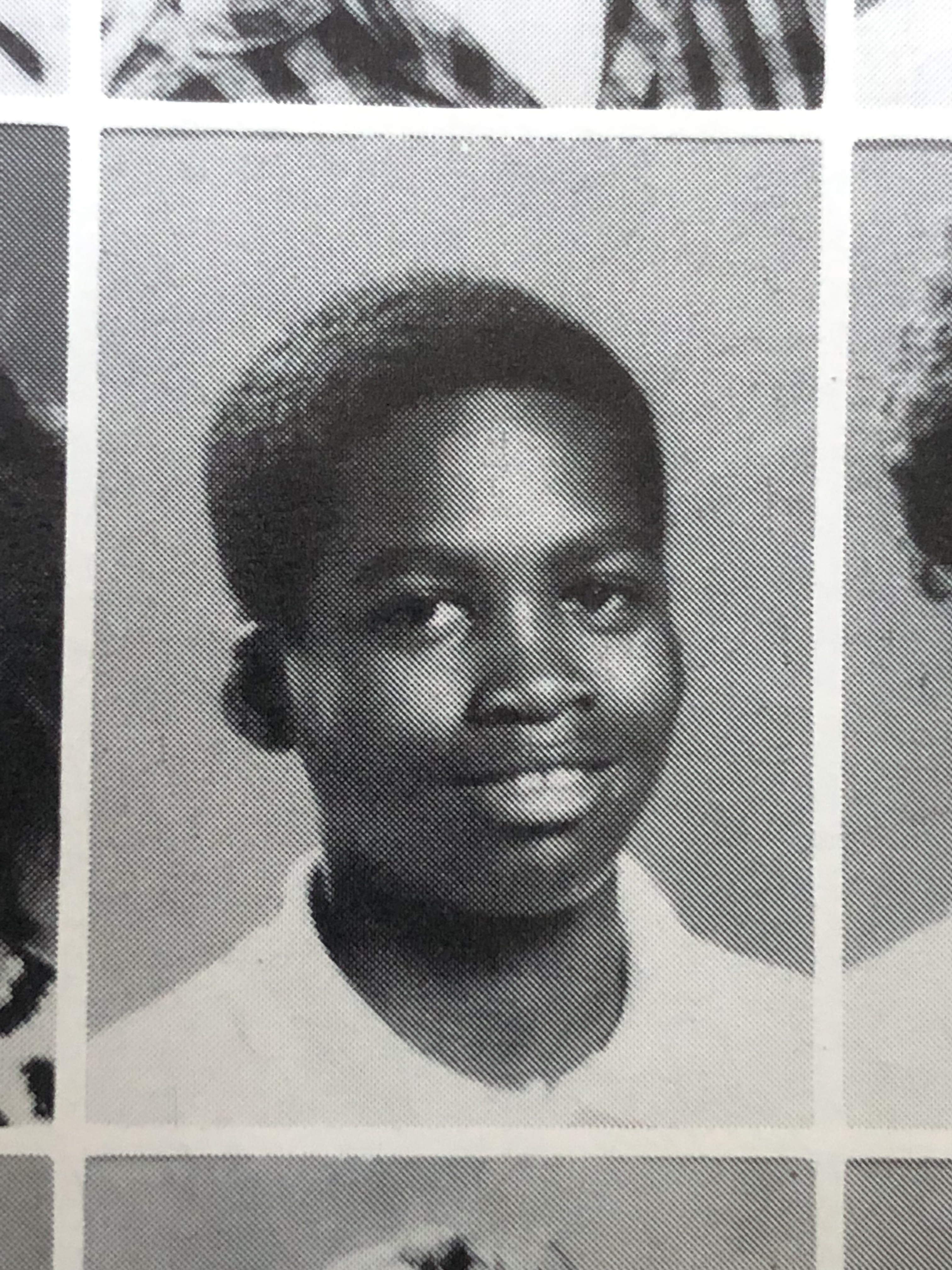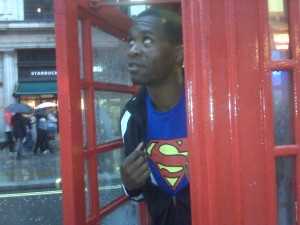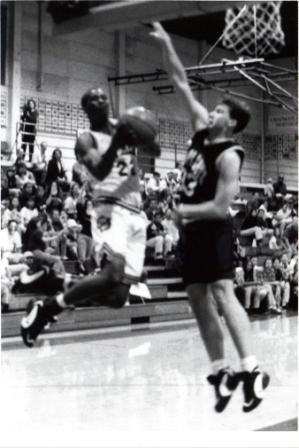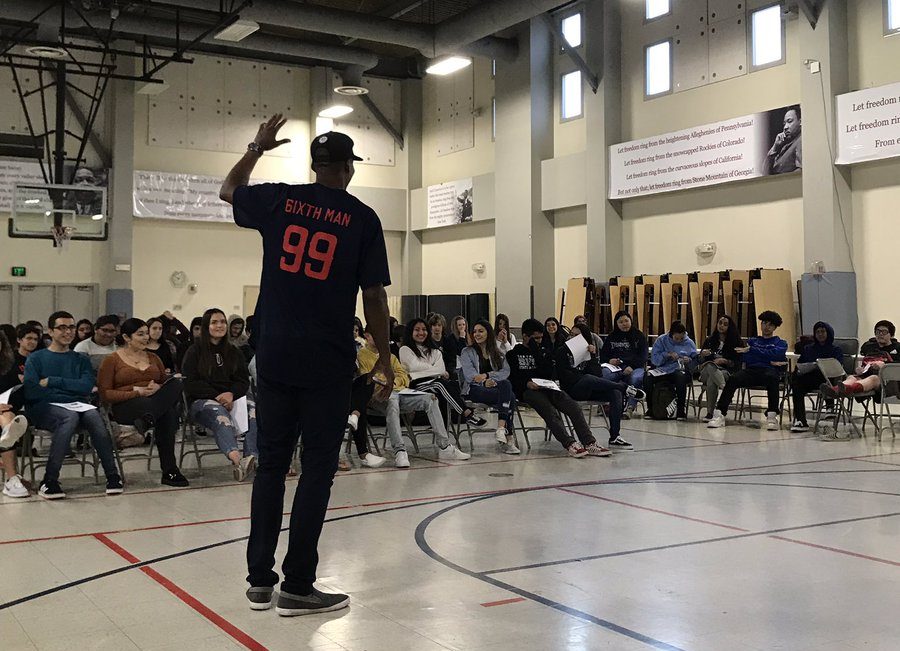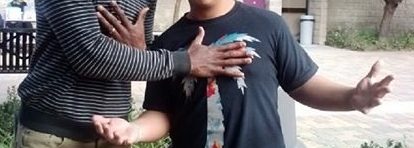Think well. FEEL GOOD. Transform spaces.
“It is an obvious neurological fact that before you can experience any event, you must process it with your mind and give it meaning. You must understand what is happening to you before you can feel it.“
Feeling Good: The New Mood Therapy, David D. Burns M.D.
Feel good to do good. I thought about that as I stood in front of Lee’s Market on a sunny, December afternoon to reflect. I knew Mr. Lee only in passing and as a preteen, his store was a bookend staple, a generic outpost to buy the basics. Toiletries, meat, baseball caps, even pig’s feet if you indulged. I knew Mr. Lee in literal passing having sped past his store fleeing a knife-point confrontation. But I hadn’t seen Mr. Lee since the mid-1980s. He’s passed on since then and now his son runs the small all-purpose market that doubles as a Carniceria.

His son had to tell me how the community supported the store when civil unrest following the Rodney King riots threatened to tear Los Angeles apart. Now both grown men and slightly past middle age, the younger Mr. Lee (son of the original store owner) took a selfie with me as we talked about the neighborhood and how it’s changed. What I left the conversation with though was questions: What brought the Lee family to America from Korea? Did the elder Lee ever dream that his store would boast more than four decades of serving a community that did not resemble him? Could he have imagined how that community would come to love and protect his investment? How did Mr. Lee weather the storm of tensions between the Black and Korean communities? But the greatest question I have now is, “What did it mean to Mr. Lee to own a store in the heart of South Central Los Angeles?”
The store seemed to never close and though I do not remember witnessing any anti-Asian rhetoric or behavior, I am certain there were moments when he may have been disparaged. But what is it that subsumes anger, doubt, vengefulness, and fear? Whatever the Lee family possessed, I lack, and my own deficit is often revealed by life’s ambushes. As I give meaning to events, they often become monolithic, representative of one singular theme. Seeing an event one way can paralyze or limit the ability to respond.
Overcoming self-defeating emotions
An illustration might be useful here. I recently encountered a road rage episode in which a man was triggered by me honking my horn at him. He changed lanes into mine nearly hitting my car but my tap of the horn ignited a barrage of racial epithets, spitting, and profanity from him. We were at a stoplight initially but when the light turned green, the irate driver did not move. He impeded us until I changed lanes and then he serpentined cutting us off purposely every time we tried to get away from the scenario. Almost from the point of insult, I had begun shifting into a Fight mindset. I was preparing myself for the worst case, that he could be armed, intoxicated enough to ram us with his vehicle, or willing to call like-minded friends to assault me and my wife. Effectively, I was preparing to eliminate this man before he could harm us. Ultimately, the engagement ended when I listened a bit more to my wife and decided to run a red light so that we were not sitting at another traffic signal next to this guy.
It would be hard for the average person not to process my road rage event as a threat. But it’s the way one manages their thinking post-threat that determines whether adversity remains a moment or becomes a banner. Overgeneralizing is a cognitive distortion from which I suffer and in this dysfunctional way of thinking, the negative experience becomes the rule of your life. I have had my share of confrontations with racism but I am learning that “…the negative thoughts that flood [my] mind are the actual cause of [my] self-defeating emotions. These thoughts are what keep [me] lethargic and make [me] feel inadequate (Burns, 1981).”
One thing I’m leery of is when people discount the narratives of others. We never fully know the suffering of someone else. That said, Lee’s Market on 48th Street and Avalon Boulevard has become a point of curiosity in the understanding of self-leadership. We have to feel good where we live and work and that feeling begins with thinking. In the 1980s, Mr. Lee served the needs of people in a food desert, earned their trust and respect, and created a Legacy that his son would later continue. Likely motivated to make a better life for his family, he learned that being open seven days a week and providing essential products to people established a bond with his neighbors that was stronger than his opponents. There is something you endeavor to do today. Make sure you feel good enough to get it done.
The energy suck is constant. So, if I am to live majestically (beautifully),… I have to remember that the most majestic moments in my life have been times where I ventured out with a sense of competency, calling, and honesty.
Norman A. Coulter Jr., Bloods crips, and starship
